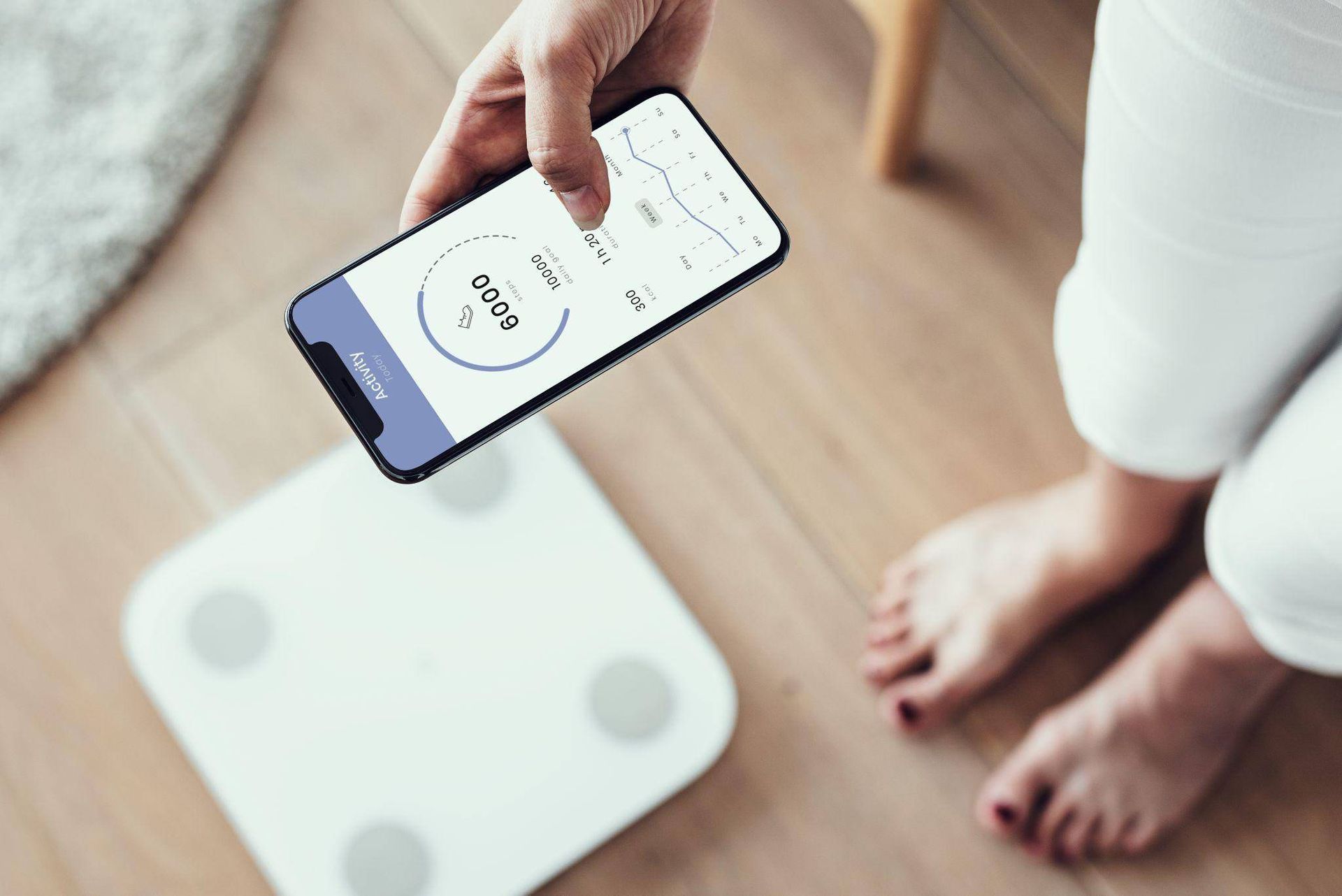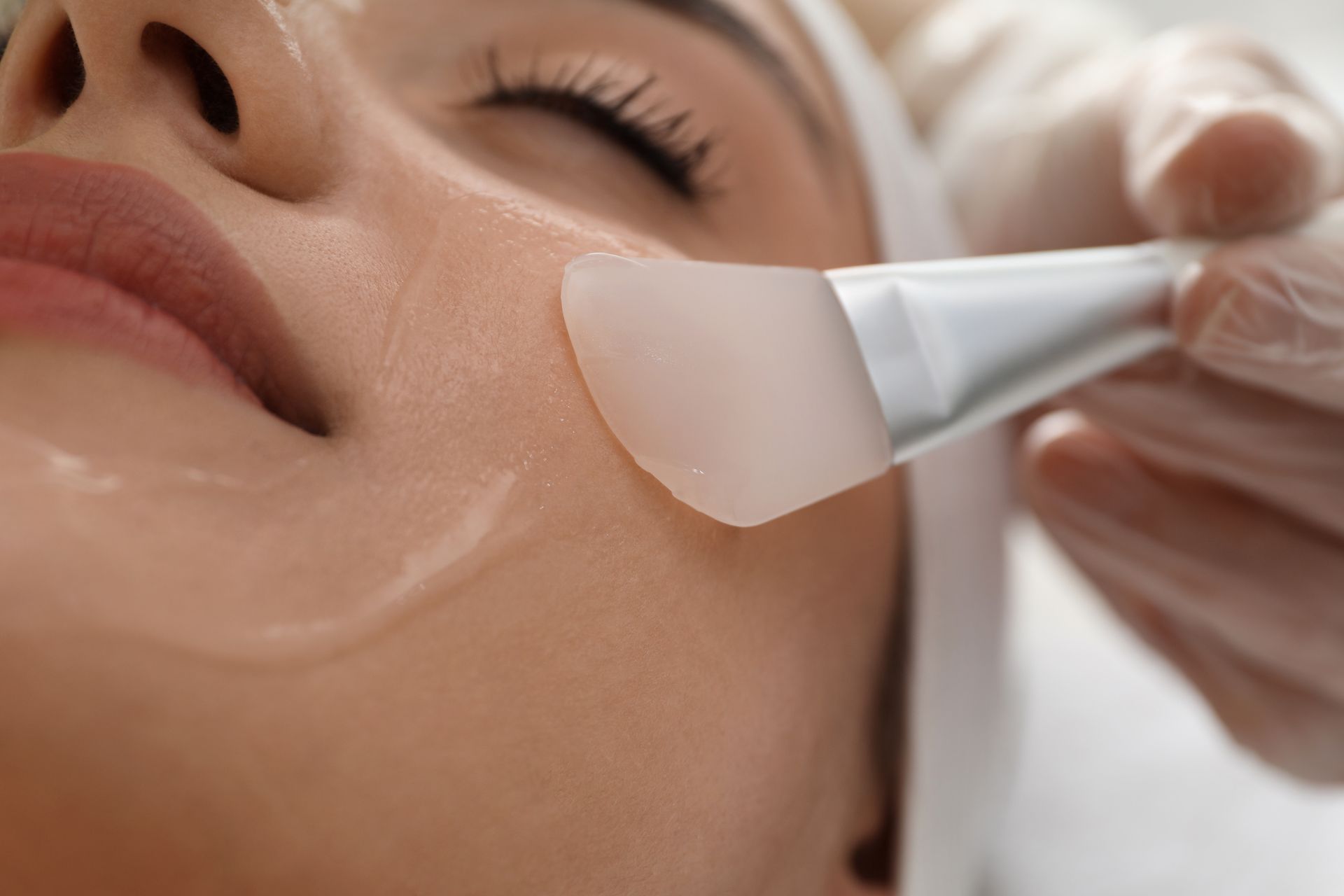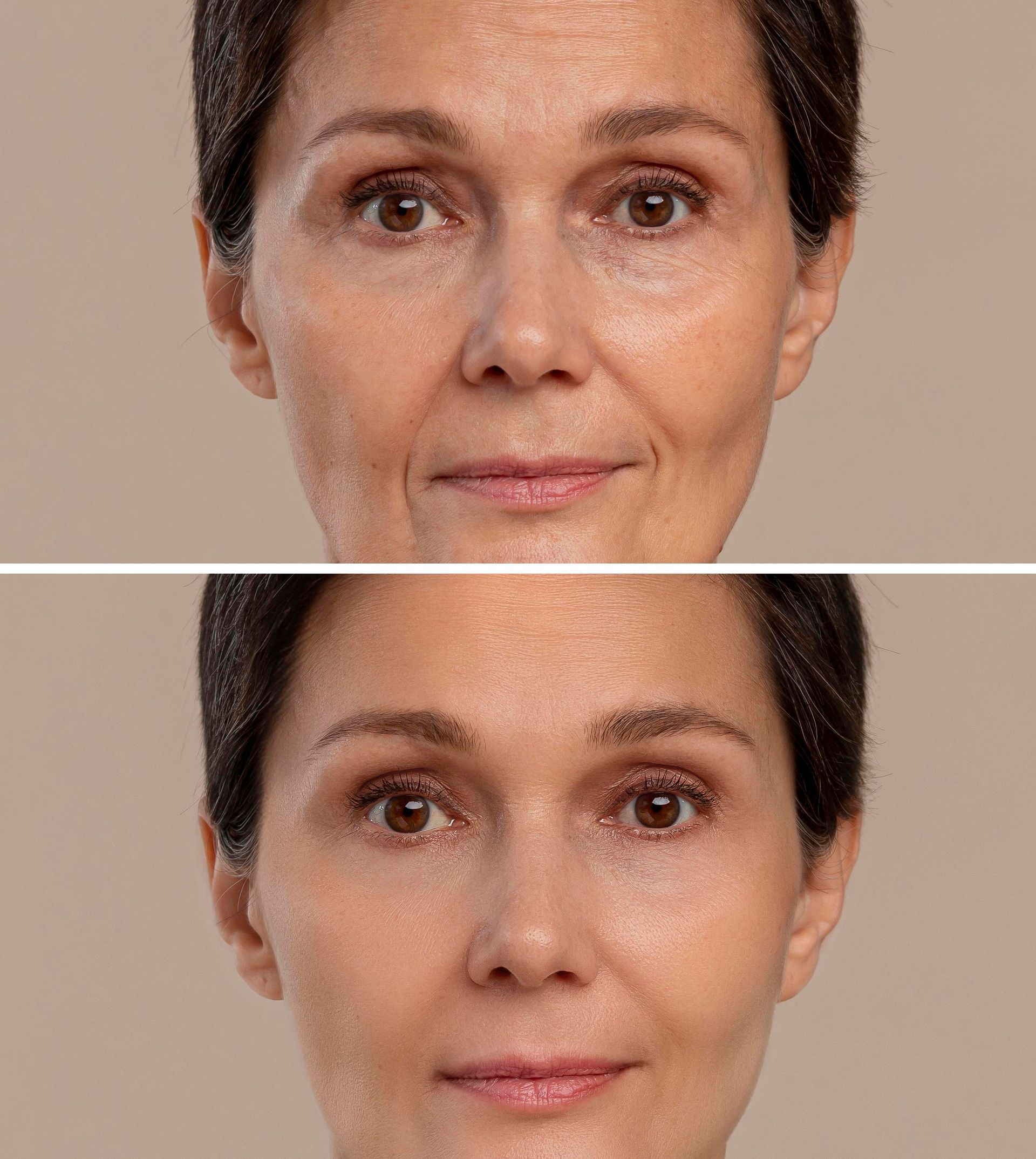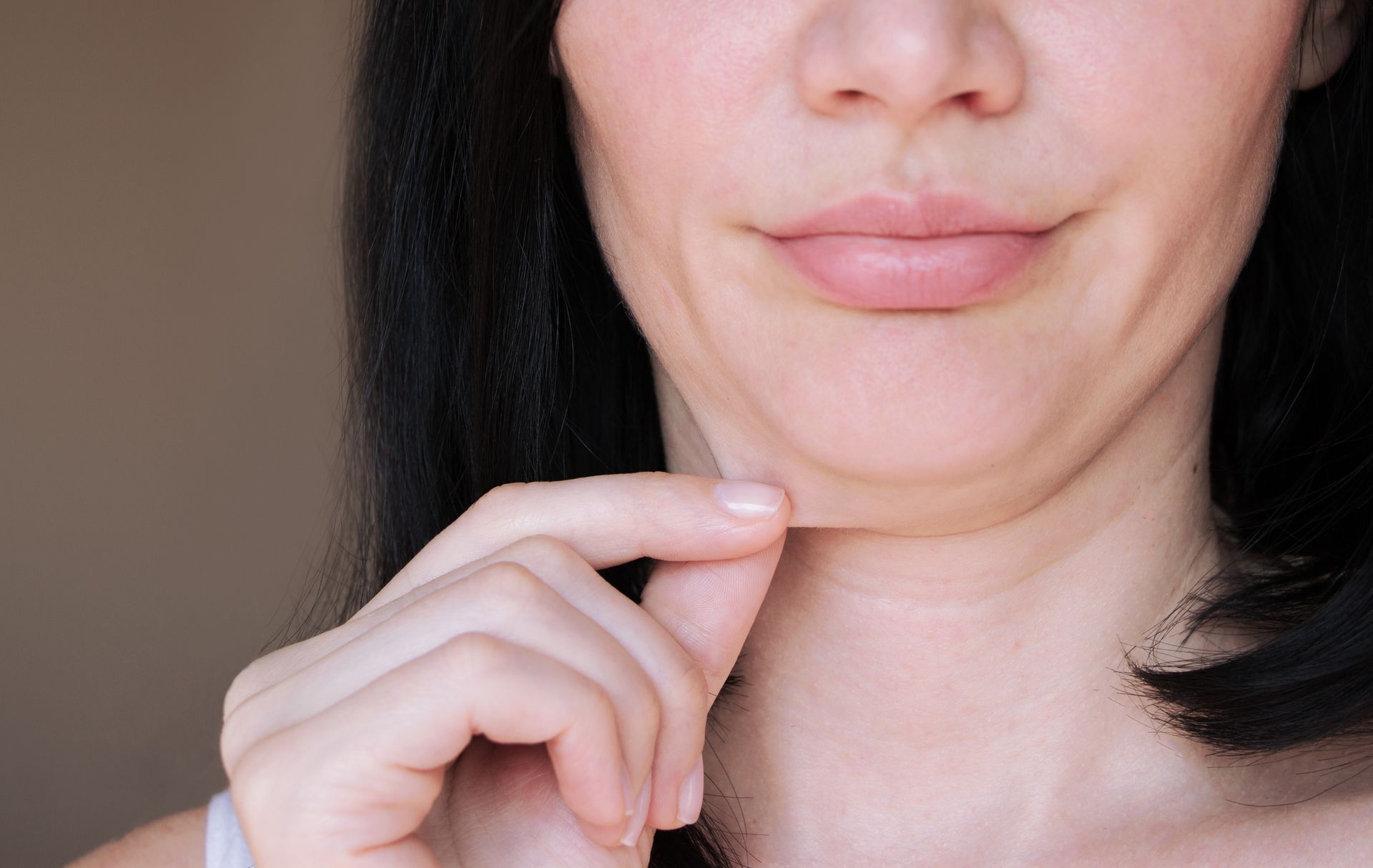How to Prepare for the Holidays Without Gaining Weight
Each year scale slowly moves up and it is getting harder to lose weight. I remember when I was 25, I could eat all kinds of junk food and my weight was consistent. What happened? And how to survive 2022 holiday season without additional pounds?
As we age, our muscles, hormones, metabolism, and other biological systems change. But if your jeans feel tighter these days, there are five main causes that can be to blame.

1. Muscle Loss
Why is muscle loss so significant in weight gain? Because, according to the Mayo Clinic, lean muscle burns more calories than fat even when at rest. Your body will require less calories each day unless you are consistently using weights for strength training to maintain and grow muscle. If you continue to consume the same number of calories as you did when you were younger, weight gain is likely to occur.
After the age of 30, the amount of lean muscle we have starts to decrease by 3 to 8 percent per decade, a condition known as sarcopenia. This process is explained in a document published by the National Institutes of Health (NIH).

2. Hormonal Changes
According to the National Institute on Aging, menopause typically affects women between the ages of 45 and 55. It results in a considerable decline in estrogen, which Dr. Griebeler says causes additional weight to accumulate around the waist.
Griebeler explains that changes in mood brought on by changes in estrogen levels during perimenopause, the years preceding menopause, may make it harder to maintain a healthy diet and exercise routine. According to UC San Diego Health, this causes an average weight gain of roughly five pounds throughout the menopause transition.
Unfortunately, as men age, their testosterone levels significantly decline. According to Harvard Health, it starts to steadily drop at the age of 40 at a rate of 1 to 2 percent year. Among other things, testosterone is in charge of managing how much muscle mass and how evenly fat is distributed throughout the body. In other words, a reduced testosterone level may make it more challenging for the body to burn calories.
According to Harvard Health, the growth hormone (GH) produced by the pituitary gland decreases as people age. The development and maintenance of muscle mass is one of GH’s many roles. As a result, your body has a greater difficulty building and maintaining muscle with less GH, which has an impact on how many calories you burn.

3. Slower metabolism
According to the Mayo Clinic, a decline in muscle mass will eventually cause your metabolism, a complicated process that converts food calories into energy, to slow down. Having less muscle and more fat decreases calorie burning. For a variety of reasons, a lot of people also become less active as they age, which further reduces the amount of calories you burn.
Thyroid gland is the master gland that regulates your metabolism. It also tends to play a significant role in calorie burning and weight dysregulation.

4. More responsibilities
Your career is probably in full swing by the time you’re in your forties or fifties, which is excellent but presents its own weight loss issues. One possibility is that you’re moving less. There may not be time for you to go for a walk or exercise during the workday because you commute for about an hour to and from work, sit at a desk for at least eight hours each day, and have so much on your plate.
The likelihood that you’ll eat something from the vending machine or order calorie-dense takeout increases, says Rachel Lustgarten, RD, a dietitian at Weill Cornell Medicine and NewYork-Presbyterian Hospital in New York City. You could also find yourself too busy to take a break for lunch.
Stress at work might also work against maintaining a healthy weight. A systematic review and meta-analysis published in the March 2021 issue of Nutrients found that the stress hormone cortisol increases the amount of the hormone ghrelin, which makes you eat more.
5. Lifestyle Changes
Starting a family causes one of the biggest transformations. The hour you had planned to spend at the gym after work is suddenly taken up with your child at home. Later, playdates, schoolwork, and other activities that need your attention fill your child’s after-school hours. Primack comments, “You don’t seem to have time for yourself anymore.” Your objectives regarding your diet and activity can as a result falter, adding a few pounds.
Fear not! There are specific, effective tactics you can deploy to retake control of your weight.

- Focus on exercise and healthy foods
- Boost your growth hormone level
- Check your hormones, including estrogen, testosterone, and growth hormone.
- Get enough sleep
- See hormone specialist at Rejuv Medical to help you design your Path To Success Plan











